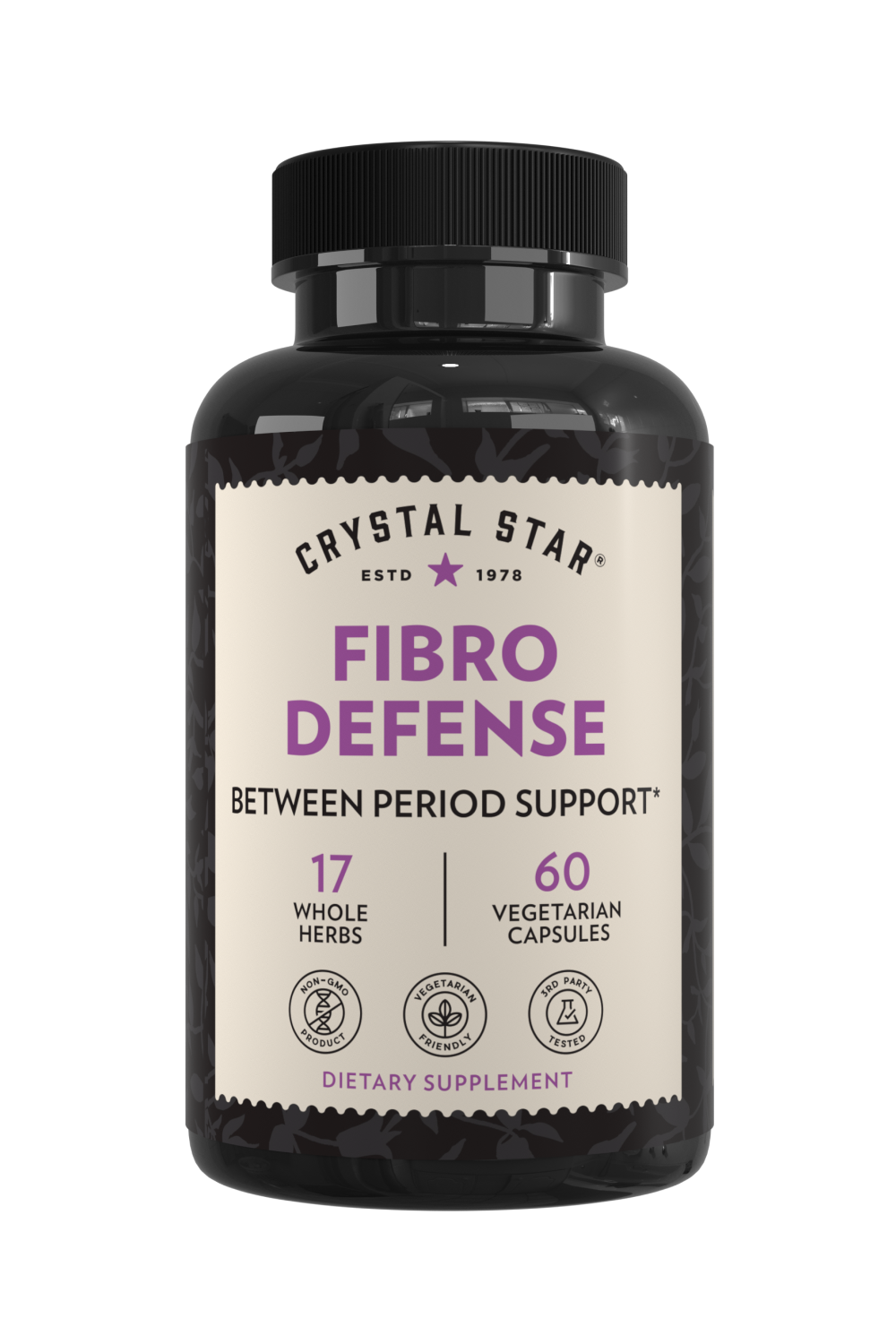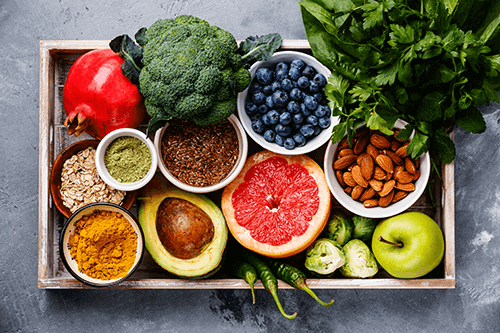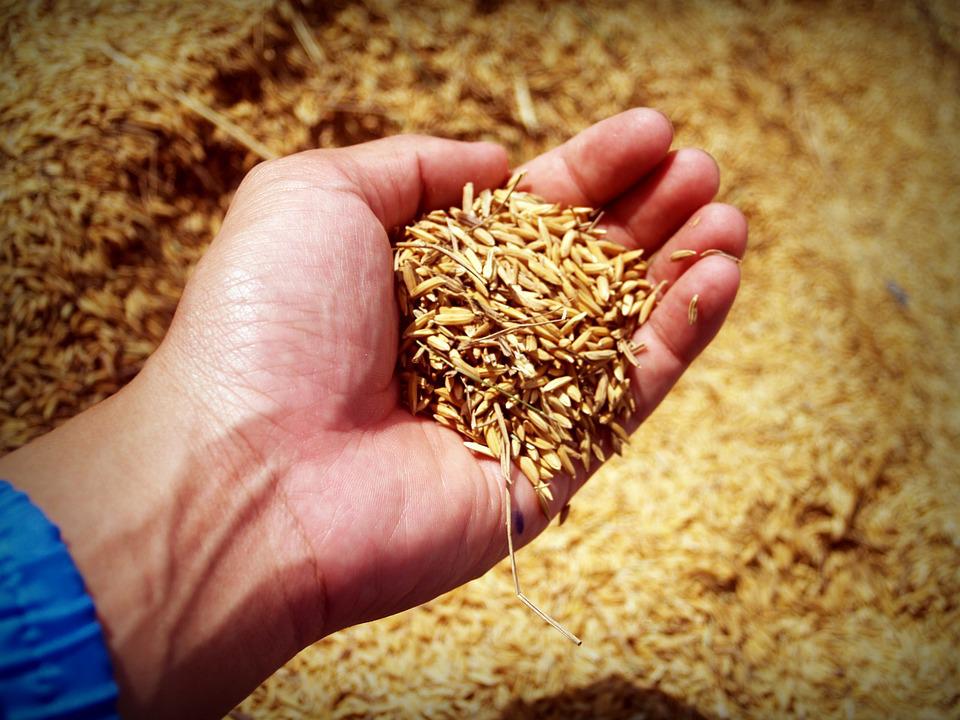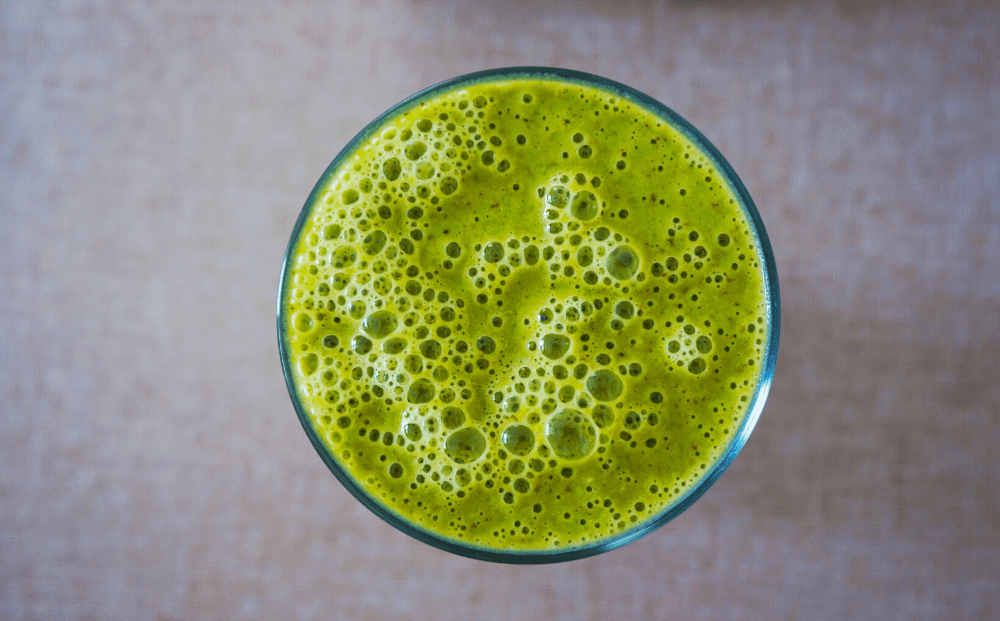
Top 10 Ways To Help Reduce Holiday Stress
In the United States, the last six weeks of the year are typically filled with happiness, love, joy, and a sense of community. But for many people, it can also be a time of high stress (financial pressures or time constraints) or deep sadness and isolation (being away from family or friends, missing loved ones who are no longer with us.)
With COVID in 2020, one thing is certain – this holiday season will be very different than it has been in the past. We’ll cover 10 ways you can help identify and combat holiday stress or depression and list a few resources to help keep you grounded and balanced moving forward.
CLARIFY & PRIORITIZE – YOUR ‘TO DO LIST’ ISN’T AS CRITICAL AS YOU THINK
Have you ever heard the saying “What’s important is seldom urgent and what’s urgent is seldom important”[1]? It’s true. If your family asked you about your favorite memories of past holidays, would you talk about the super clean house, the perfect family photo on the holiday card, or how the table was decorated? No, you’d most likely remember the loved ones who were present, some favorite foods, and some family traditions. Keep. It. Simple.
See if you can narrow down your list of “To Dos” into a list of “Must haves” and some “Nice to haves”. Prioritize the creation of memories, not chores you think you need to get done. Next, create a list of “Tasks to offload” – and delegate like a beast. Yes, you might do a task better or to your own liking. But allow others to participate in the creation of the holiday magic. They will appreciate the results more when they have contributed to them.
If you have a holiday tradition that is a lot of work and the emotional payoff isn’t that great, maybe it’s time to find a new tradition, or a way to involve more people in its production so that the full weight of it doesn’t fall solely on you.
PROACTIVELY MANAGE YOUR EXPECTATIONS – THIS YEAR IS DIFFERENT
Another common stressor is to hold oneself to standards of the past when the present just won’t allow for it. In the age of COVID, you’re less likely to travel by plane, and you’re probably not going to be gathering for big gift exchanges. But you can gather virtually (Skype, Zoom or FaceTime) and you can always go old-school (call or write). You can still bake and cook and drop off goodies for your friends and families. Just get creative on how to make Holidays 2020 the best possible. Given the circumstances, it will be different. But different is okay – keep the spirit of the times with you, even if the celebration changes a bit.
NOURISH YOUR BODY – EAT WELL & DRINK YOUR WATER
Under stress, the body needs to draw on reserves of energy and immunity[2]. That doesn’t happen when the body is fed a consistent diet of high sugar and bad fats, which particularly happens at the end of the year when we’re eating our favorite treats, grandma’s blintzes, Uncle Roy’s eggnog, and Suzie’s homemade cookies. When you’re not eating enough good fats, or your insulin is spiking due to too much sugar, it takes longer for your body to bounce back from exhaustion and raised cortisol[3].
Go ahead and enjoy the fun treats – just do so in moderation, and don’t eat past satiety at meals. Make sure that in between the celebratory food there is nourishment to keep you going. Choose healthier foods like a wide variety of colorful fruits and vegetables, whole grains, lean proteins, healthy fats, and lots of water. Fuel up for the fun so you don’t miss out.
DRINK TO ENJOY – NOT TO EXCESS
Women have been turning to alcohol for relief from the COVID-19 pandemic at alarming rates, with a 41 percent increase in heavy, or binge, drinking episodes since March[4]. Given everything that many women must manage these days – work, home, kids, kid education, it’s no wonder we’re overwhelmed, and we’re ready to let loose and celebrate a bit.
There’s nothing wrong with a fun little cocktail, and a red wine can have polyphenol and antioxidant benefits in moderation. However, alcohol consumption is dehydrating and can disrupt sleep patterns. Go easy on the festive drinks.
If you do go out to a party (or attend a Zoom cocktail hour from home) decide beforehand what your drink limit will be and stick to it. Remind yourself this is not a boundary, it’s not a punishment, it’s a gift you choose to give yourself so that you are fully present during the party and fully present and feeling good the next day. Focus on the people you are with, and the feeling of being with them. You don’t need food or drinks for that – so pace yourself, sip slowly, and enjoy the moment, not the alcohol.
EXERCISE WHEN YOU CAN – BE ACTIVE WHEN YOU CAN’T
Maintaining an exercise routine, even if it’s just brisk walking, can also help manage stress levels.[5] In addition to reducing our epinephrine and cortisol levels, physical activity stimulates our bodies to produce endorphins which act like natural painkillers and improve our moods.[6]
High-intensity exercise can increase cortisol levels in the short-term, so during the holidays it may be more beneficial to do medium-intensity aerobic exercise to combat holiday stress.
If you’re not in the habit of exercising regularly or if you have a health condition that limits your mobility, it’s a good idea to start slowly with stretching or other low-impact exercises when implementing an exercise routine. If exercise is a no-go, check out this article on deep breathing, which can also help reduce stress.
IDENTIFY & PROCESS YOUR EMOTIONS (DON’T EAT YOUR FEELINGS)
Humans can experience around 34,000 different emotions[7]. Gaining clarity on what emotion you are feeling can be the first step in identifying and dismantling false beliefs that you’ve developed around stress, negative emotions, and the holidays.
For example, although they can each be rooted in sadness, there are subtle but important differences between feeling lonely, powerless, and hurt. Let’s say you’re experiencing loneliness during the holidays. If your loneliness leads to a depressed mood, it’s possible that you may have a false underlying belief about this loneliness. This can include beliefs like “The fact that I’m lonely while everyone else is enjoying companionship is a sign that I’m unworthy or unlovable.” Being able to replace this false belief with a more true one, such as “I’m lonely because my friends are out of town” or “because I just moved to a new place and haven’t found my tribe yet” is an important tool for optimal stress management.
Other options to help you identify and process your emotions and to decrease your stress levels include journaling, practicing gratitude, and using an emotion wheel [8] to help you pinpoint what you’re feeling. Once you’ve correctly identified a feeling, it’s easier to process it and move on.
If you need help processing these deep-seated emotions, remember that therapy with a trained professional is always an option. Sometimes you just need an objective, third party perspective.
SEPARATE FACT FROM DRAMA (just because you think it, doesn’t mean it’s true)
During the holiday season, as you reconnect with family members or people with whom you have a history, be sure to separate fact “Aunt Judy didn’t answer my question” from thought or belief “Aunt Judy has never liked me.” Put your mental lab coat or judge’s robe on and stick to the facts or circumstances that occurred, not what you think they mean. When you don’t, you’re creating unnecessary drama for yourself and others.
Realize that the fact “Aunt Judy didn’t answer” could have many causes – maybe she can’t hear well anymore. Maybe she was distracted. There are a lot of maybes in life, so don’t automatically create an intention behind a fact if you don’t know the “why” behind it.
Stay sane during the holidays by staying away from the drama the human brain likes to create. Stick to the circumstances and the facts of what happens around you, and don’t assign cause or meaning beyond what simply just “is”.
ARE YOU AN INTROVERT OR EXTROVERT? ACT THE OPPOSITE, JUST A BIT
So, you’re an introvert, and you’re okay being alone this holiday? That may be true, but schedule some outreach time, even little gestures, just in case. We all need a little bit of interaction. This isn’t just for you, it’s for the people who want to hear from you, see your face, and know that you care. Do it on your own terms but just do it. Reach out. This is the best time of year to make a gesture.
So, you’re an extrovert? Don’t forget to plan a little alone time in your schedule. Yes, you get energy from being with people. But don’t over-commit yourself or give of yourself to the point of exhaustion – it’s okay to have “me time” occasionally, and you’ll need that time to process all the memories you are creating. Everyone needs to recharge eventually.
PRACTICE GENEROSITY & GIVING – NOT IN THINGS, BUT IN TIME, OUTREACH, AND MORE
The research is clear that generous behavior leads to increased happiness.[9] Generosity doesn’t always mean giving money or buying things; the holidays are truly about spending time with people. Often the best gift you can give during this time is your attention and your presence.
Be a listening ear for someone in need or accompany an elderly person to a doctor’s appointment. You can harness the benefits associated with generosity and experience an improved sense of well-being by giving of your time and attention. Think in terms of what you can do or say, not just what you can put in a box and wrap.
PRACTICE GRATITUDE FOR “WHAT IS”
You can’t always get what you want, but you can get what you need. This year take a step back from decorating, baking, socializing, and shopping, and just breathe. Take a moment to appreciate your health, your home, and the people in your life. The holidays are different this year, and it’s not what anyone expected. But whether you’re celebrating Christmas, Hanukkah, Kwanzaa, or something else, it’s still a time for gratitude, thankfulness, and giving.
Experience the gratitude for all that you have and say a blessing for those who have less or are dealing with more. Research does say that feeling gratitude does make you calmer and happier. [10]
In summary: although the holidays are a stressful time for many, you can help make it the best season ever by prioritizing demands, maintaining a healthy diet and lifestyle, identifying and processing your emotions, and practicing generosity. Make this your healthiest season ever. And if you feel that you can’t manage your stress levels on your own, be sure to reach out to a therapist and/or use the resources below.
RESOURCES
- APA Holiday Stress Resource Center: https://www.apa.org/topics/holiday-stress
- com: www.betterhelp.com connect with free and low-cost certified therapists online
- com – an app for reaching out and managing depression: www.sanvello.com
- Nat’l Inst. of Mental Health – https://www.nimh.nih.gov/health/topics/depression/index.shtml
- Substance Abuse & Mental Health Hotline: https://www.samhsa.gov/find-help/national-helpline
- National Suicide Prevention Lifeline: 1-800-273-TALK (8255)
- Lifeline Crisis Chat (Online live messaging): https://suicidepreventionlifeline.org/chat/
- Essential local and community services: 211, https://www.211.org/
- National Council on Alcoholism & Drug Dependency Hope Line: 1-800-622-2255
- National Crisis Line – Anorexia and Bulimia: 1-800-233-4357
- National Domestic Violence Hotline: 800-799-SAFE (7233)
Dr. Janelle Louis is a licensed naturopathic doctor who specializes in helping people with childhood trauma overcome the chronic health concerns they are at increased risk for developing, including mental health conditions, reproductive concerns, autoimmune diseases, and metabolic syndrome. Dr. Louis is committed to ensuring that her patients live their healthiest lives in the present in spite of their difficult pasts.
References
[1] President Eisenhower, https://www.businessinsider.com/dwight-eisenhower-nailed-a-major-insight-about-productivity-2014-4#:~:text=Eisenhower%20liked%20to%20say%2C%20%22and,to%20actually%20advance%20their%20careers.
[2] https://www.health.harvard.edu/staying-healthy/understanding-the-stress-response
[3] https://cardiab.biomedcentral.com/articles/10.1186/s12933-016-0433-2
[4] https://hartfordhealthcare.org/about-us/news-press/news-detail?articleId=29111&publicid=471
[5] https://www.mayoclinic.org/healthy-lifestyle/stress-management/in-depth/exercise-and-stress/art-20044469
[6] https://www.webmd.com/depression/guide/exercise-depression#1
[7] https://positivepsychology.com/emotion-wheel/
[8] Emotion Wheel – http://feelingswheel.com/
[9] https://pubmed.ncbi.nlm.nih.gov/28696410/
[10] https://www.health.harvard.edu/healthbeat/giving-thanks-can-make-you-happier








